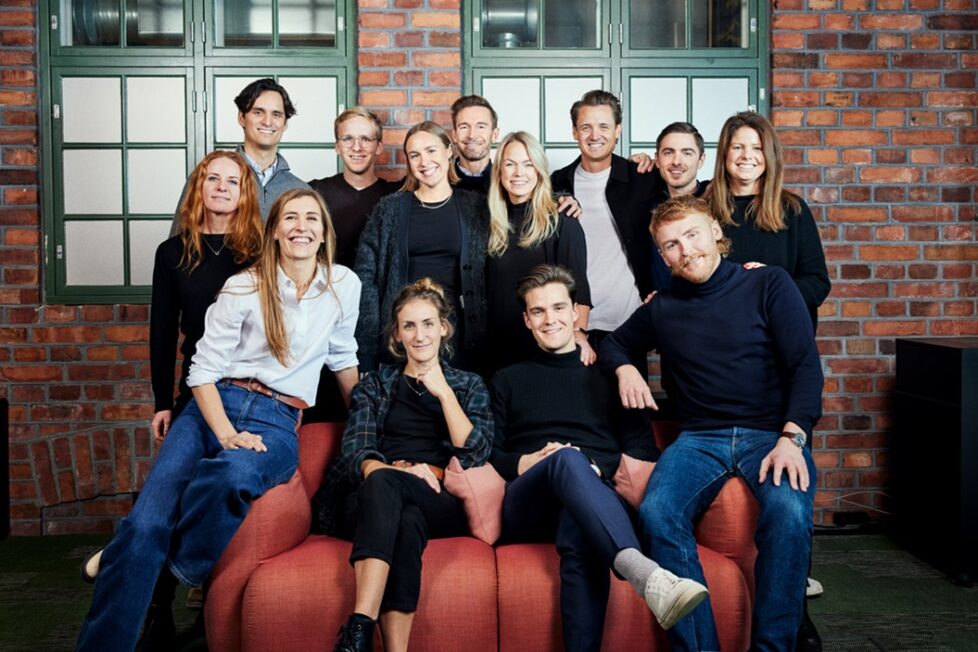Norrsken VC Raises $345 Million for Impact Solutions Venture Fund

Early-stage impact venture investor Norrsken VC announced that it has raised €320 million (USD$345 million) at the final close of its second fund, aimed at supporting entrepreneurs solving the world’s biggest challenges.
The fund significantly surpassing the firm’s initial €250 million target, with the company noting that the finalized total makes Norrsken VC Fund II the largest early-stage generalist impact fund in Europe.
Stockholm-based Norrsken VC was created out of non-profit impact ecosystem Norrsken, which connects founders building rapidly scalable businesses to solve major global problems with capital, knowledge and networks. To date, Norrsken VC has invested in over 50 startups across areas including climate tech, energy, biotech AI and health tech, with the first fund including unicorns Northvolt, Einride and 1KOMMA5°.
Niklas Adalberth, General Partner of the fund and Founder of Norrsken Foundation said:
“Our long-term vision is to see every dollar invested globally as a net positive for people and planet. With Norrsken VC II we aim to find, back and empower force of nature founders, and set them on a path to build impact unicorns – companies that positively impact 1 billion lives.”
According to Norrsken VC, the new Article 9 fund aims to invest in more than 30 impact startups, following strict criteria linked to UN Sustainable Development Goals (SDGs), assessing impact and sustainability across the entire investment process, from deal screening, and due diligence to deal structuring and exit.
The new fund is backed by almost 50 LPs, with institutional investors include AP1, Folksam, Saminvest, KfW Capital and the Ireland Strategic Investment Fund (ISIF) as well as financial backers Credit Suisse (now merged with UBS Group), Investcorp-Tages, BMW, SEB-Stiftelsen and Nordea.
Tove Larsson, General Partner of Norrsken VC, said:
“While more funds have joined the sector since our inception, it remains relatively uncrowded, with less than 1% of global capital dedicated to impact investments. Urgency is evident as we’ve exceeded six of nine Planetary Boundaries, underscoring the need for investments in innovations for a more habitable world.”